Overconsumption: The Hidden Environmental Issue You Can Help Solve

Get news, updates, & event Info delivered right to your inbox:
Understanding How Overconsumption Impacts the Health of Our Planet
In a world increasingly shaped by what and how we consume, the idea of consumption has taken on a new meaning. No longer limited to its economic roots, the idea of consumption has evolved to reflect how people live, signal identity, and express values from the status driven splurges of "conspicuous consumption” to the ethics-based choices of “critical consumerism.” As digital culture fragments attention and encourages bite-sized, algorithm-driven choices, movements like "de-influencing" and "underconsumptioncore" are pushing back, challenging the pressure to buy more and urging us to buy better.
According to the UN Environment Programme's Global Resources Outlook report, global natural resource consumption is forecast to increase 60% by 2060, compared with 2020 levels. This increasing demand is attributed to urbanization, industrialization, and population growth, and it’s having profound consequences—including biodiversity loss, water stress, climate change, and air pollution. Some of the resources that are in high demand include: food crops, wood for energy, fossil fuels, metals, minerals, and water.
An important distinction is that high-income countries use 6 times more materials per capita than low-income countries. In a recent Princeton University study that examined the impact of 24 high-income nations (including the United States, Germany, France, Japan, and China) on 7,593 forest-dependent species, they found that these countries caused 15 times more biodiversity loss in low-income countries, than in their own. "By importing food and timber, these developed nations are essentially exporting extinction," said David Wilcove, co-author of the study and Professor of Ecology, Evolutionary Biology, and Public Affairs. "Global trade spreads out the environmental impacts of human consumption, in this case prompting the more developed nations to get their food from poorer, more biodiverse nations in the tropics, resulting in the loss of more species."
6 Practical Tips to Reduce Overconsumption in Your Daily Life
To combat issues like deforestation and biodiversity loss, we need to address one of the root causes: overconsumption. By making more mindful choices in our daily lives, we can collectively reduce the demand for products that are harmful to the environment. Below are six practical habits you can adopt to reduce your own personal consumption. For more ideas, read our recent article on how to reduce waste.
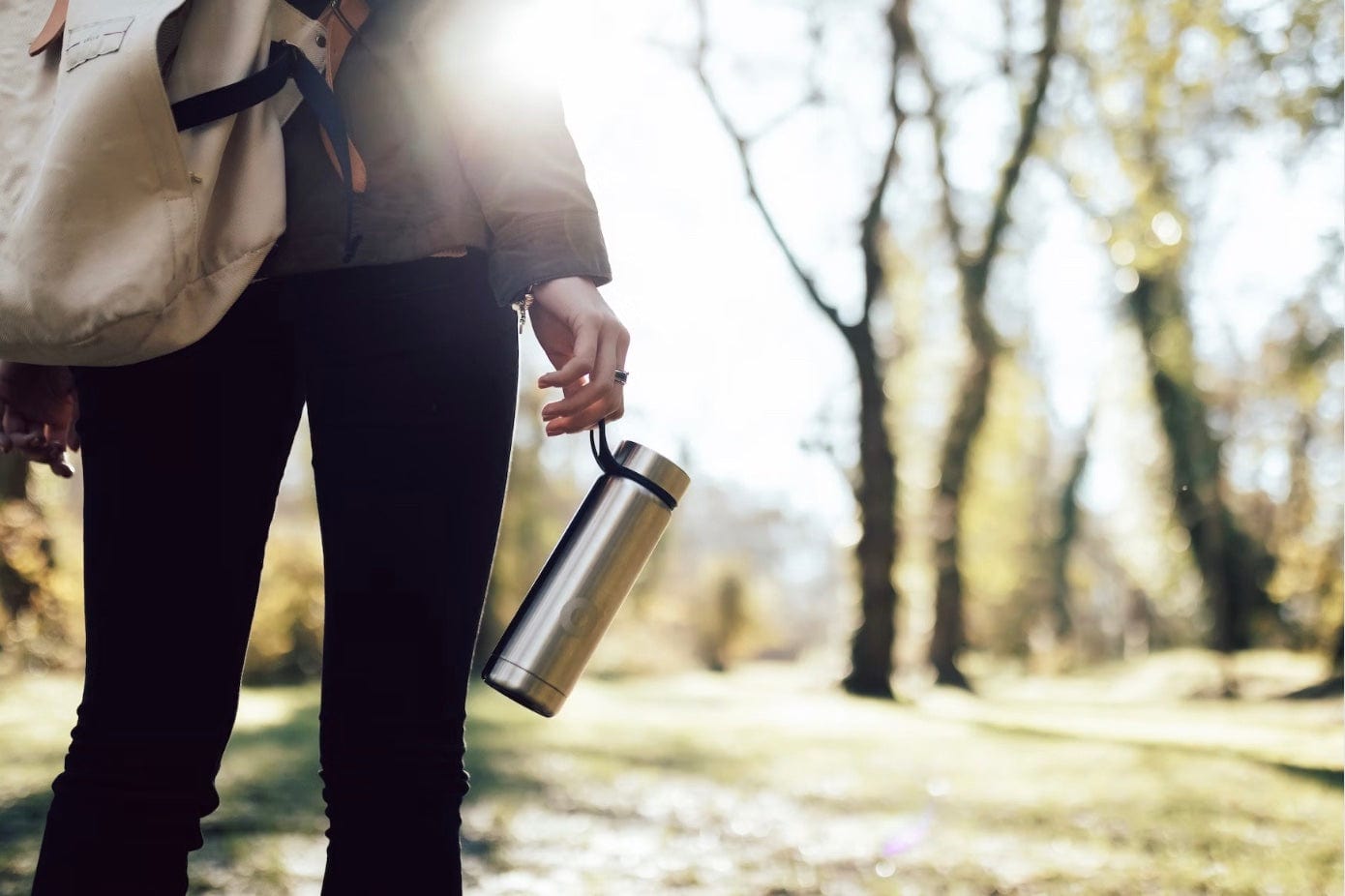
Focus on quality over quantity
In a world that glorifies consumerism, consciously buying less is a transformative act. Before making a purchase, research the highest quality version you can afford on your budget. Quality products are sturdier and longer lasting—making them better for your wallet and for the planet.
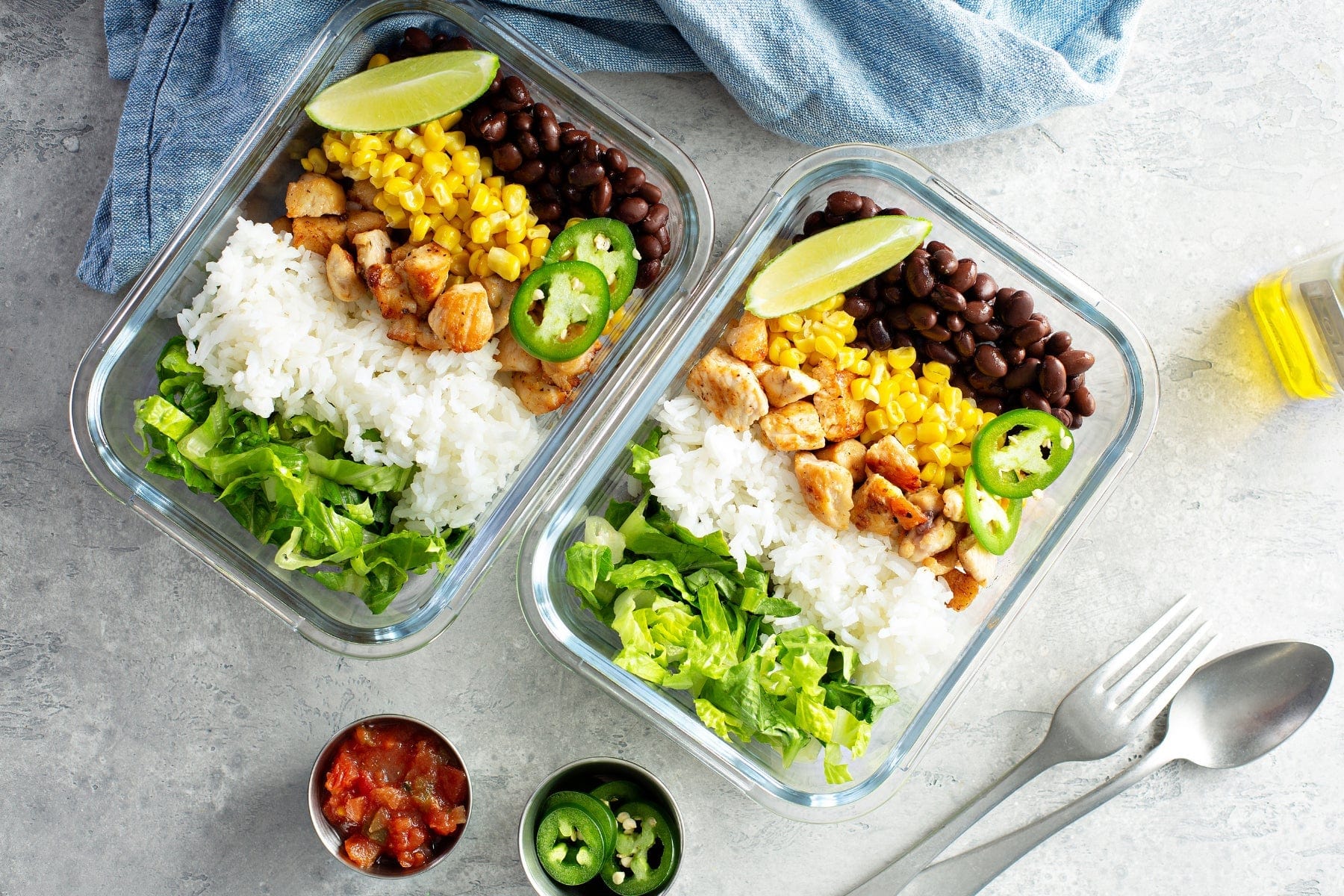
Plan your meals
The UN reports that 931 million tons of food is wasted each year. With agriculture being the main driver of global deforestation, you’re buying more than just a meal; you might be spending the health of our planet. Meal planning can trim your grocery bill and reduce food waste by ensuring you'll use everything you purchase.
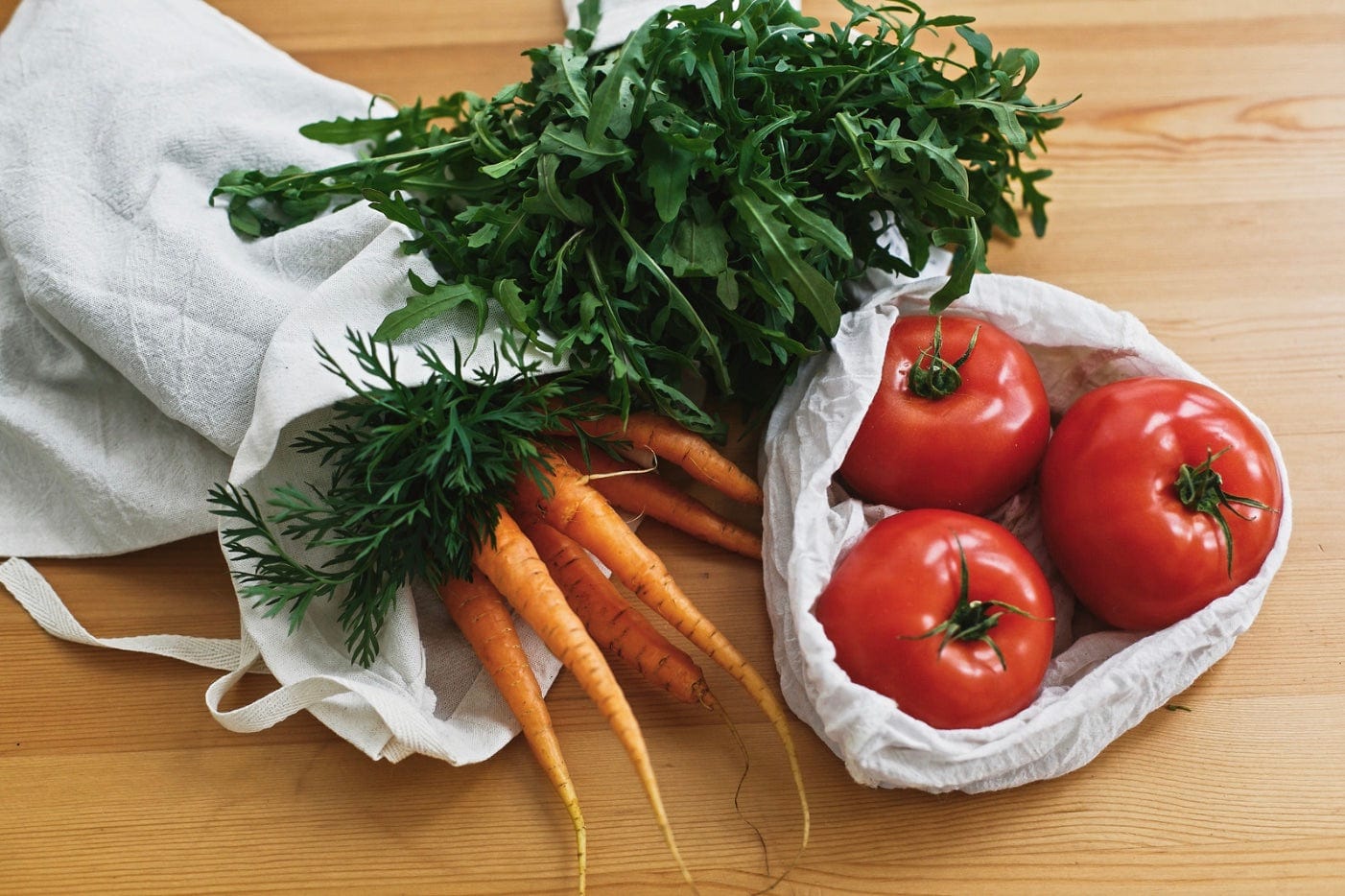
Say no to plastic
You’ve heard this before. It can’t be said enough. Plastic bags, bottles, cutlery, straws, plates, and cups are resource-intensive and environmentally harmful. They’re dangerous to many species, including humans; where microplastics have been found to accumulate in the brain at significant concentrations. To make it simple, get yourself a set of reusable cutlery, stainless steel straws, and reusable containers to keep in your car or bag.
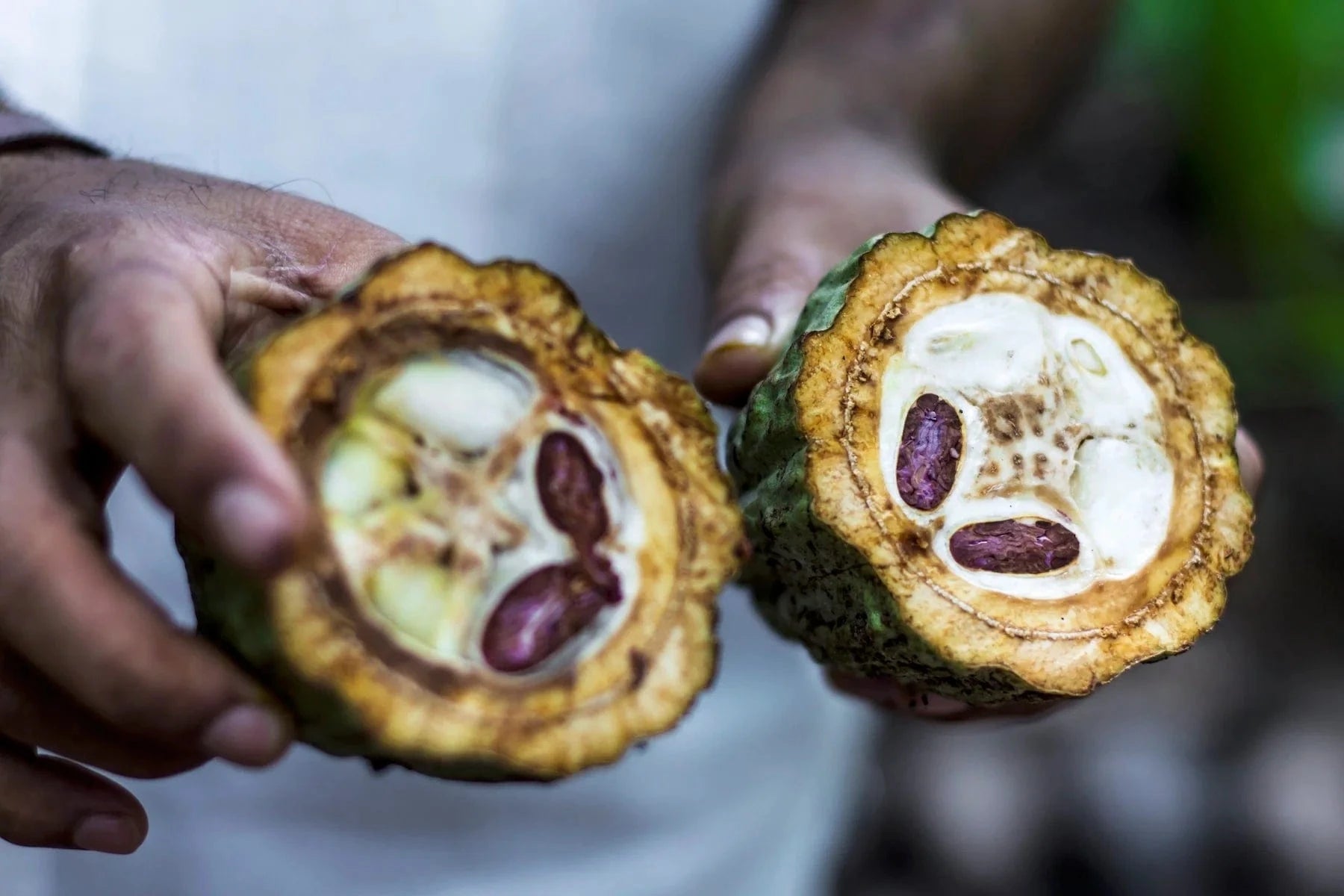
Choose products with lower environmental impacts
Wherever you can, purchase products that are made with the planet in mind. From how the materials are sourced to the energy expended in their production and how they’re packaged, support brands that are conscientious about their impact on the environment. Look for sustainable product certifications like Forest Stewardship Council, Certified B Corporation, Cradle to Cradle Certified, and others.
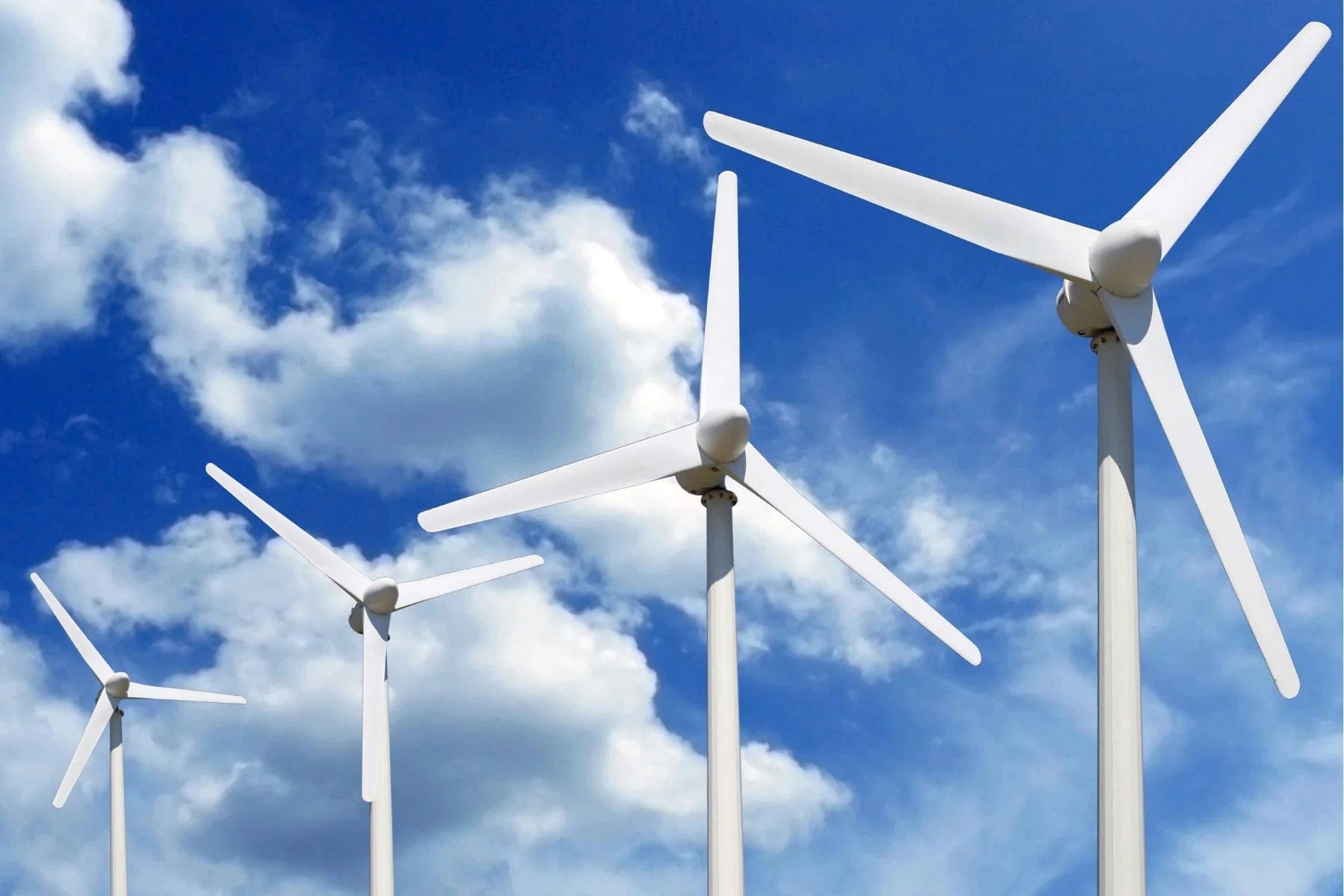
Be more energy-efficient
There are conscious steps any of us can take to reduce our energy consumption. From opting into your utility’s green energy program (where available) to upgrading to energy-efficient LED lightbulbs, unplugging electronics and lowering your thermostat by just a few degrees, your energy choices matter.
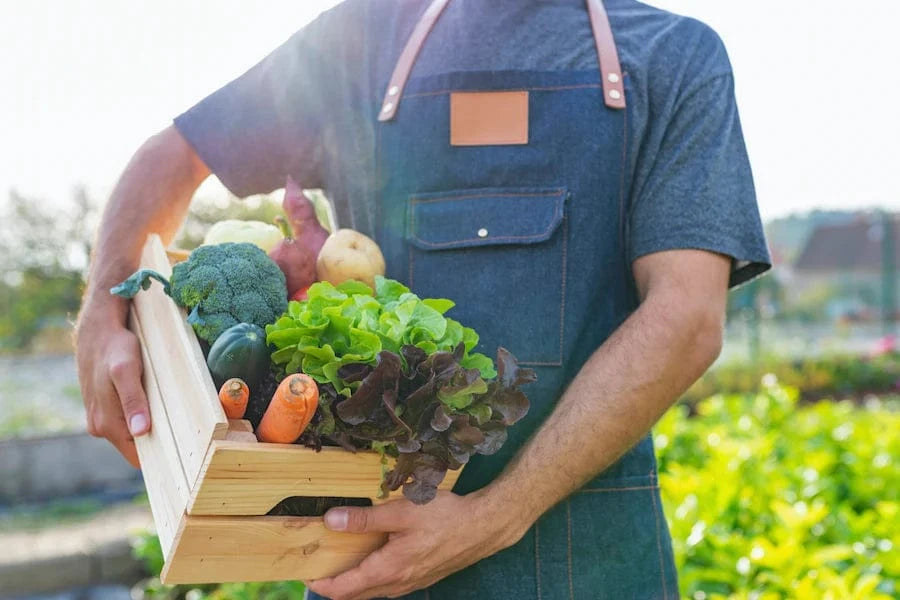
Buy local
Rather than buying products that are shipped from other parts of the world, get items that are sourced and produced in your own country or locality. You’ll contribute to your local economy and reduce your impact on biodiversity thousands of miles away.
When we know better, we can do better. By reevaluating and adjusting your personal consumption habits, you can significantly lessen your contribution to global overconsumption of natural resources. Every small change we make matters, and by improving our spending habits, we can help protect the world’s remaining wild places.
Get news, updates, & event Info delivered right to your inbox:
Related Posts
Sustainable Diet Tips: How to Eat Healthy While Protecting the Planet
13/01/2026 by Meaghan Weeden
Agroforestry Explained: Principles, Benefits, and Case Studies
08/01/2026 by Meaghan Weeden
Plant Your Resolution: Making a Global Impact With The Grove
01/01/2026 by One Tree Planted
Popular On One Tree Planted
How to Reduce Waste: 21 Practical Zero Waste Tips for Everyday Living
23/12/2025 by Meaghan Weeden
Inspirational Quotes About Trees
16/12/2025 by Meaghan Weeden
The 9 Oldest, Tallest, and Biggest Trees in the World
11/12/2025 by One Tree Planted
Fundraising Disclosures

Be Part of the Restoration Movement
The Grove is more than just a monthly giving program: it's a vibrant community of individuals who are dedicated to reforestation and environmental restoration on a global scale.





